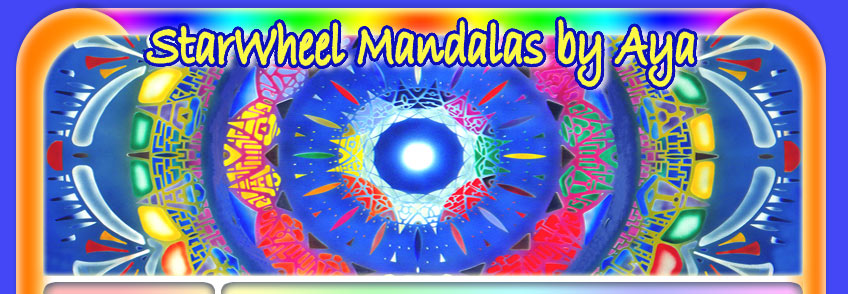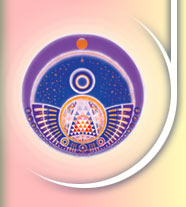Being a Global Renaissance Human
The 7 Principles of Leonardo Da Vinci
Quick notes towards a product/project
Being a Renaissance Human in the 21st century:
a Self-Education Program applying Seven Sacred Principles.

What is a Renaissance Man / Woman?
A Renaissance Man/Woman is a person who is familiar with many different areas of knowledge and wisdom. The term polymath is a synonym for Renaissance Man (Greek: polymathes, "having learned much"). A Renaissance Human is thus a person who can draw upon a variety of fields of information or expertise (sciences as well as arts, crafts as well as wisdom) to gain a larger understanding of themselves, of a situation or the best solution to specific challenges.
The term is often used to describe great thinkers and artists of the Renaissance or the Enlightenment age who excelled at several fields in science and the arts, Leonardo da Vinci (1452 - 1519) being the most outstanding example.
What was the Renaissance ideal of Education?
Many notable polymaths lived during the Renaissance period, a cultural movement that spanned roughly the 14th through to the 17th century and that began in Italy in the late Middle Ages and later spread to the rest of Europe.
According to Wikipedia, in Renaissance Italy, the concept of a polymath was expressed by one of its most accomplished representatives, Leon Battista Alberti (1404–1472), in the statement that "a man can do all things if he will." Embodying a basic tenet of Renaissance humanism that humans are limitless in their capacity for development, the concept led to the notion that people should embrace all knowledge and develop their capacities as fully as possible.
"These polymaths had a rounded approach to education that reflected the ideals of the humanists of the time. A gentleman of that era was expected to speak several languages, play a musical instrument, write poetry, and so on, thus fulfilling the Renaissance ideal. The idea of a universal education was essential to achieving polymath ability, hence the word university was used to describe a seat of learning. At this time universities did not specialize in specific areas but rather trained students in a broad array of science, philosophy, and theology. This universal education gave them a grounding from which they could continue into apprenticeship toward becoming a Master of a specific field." (Wikipedia).
The Renaissance education was the blossoming of the classical education of the middle ages and antiquity which was based on a curriculum called the Seven Liberal Arts, comprising the Trivium (made up of language skills: grammar, logic, and rhetoric) followed by the Quadrivium (or four essential and interrelated subjects of arithmetic, geometry, music, and cosmology). The Quadrivium is often explained as the study of Numbers, Numbers in Space, Numbers in Time (musical harmony), and Numbers in Space-Time.
Why we need Global Renaissance Humans NOW
We are now entering a new Renaissance time, not localized in a single country or a continent but globalized to the entire planet and all of humanity. In this 21st century times of global communication, fast consciousness expansion and exponential growth of information, data and concerns, it is an essential priority to be able to enlarge our perspectives on all subjects and have a Global Renaissance viewpoint - so we can raise above the often narrow-minded point of view of the specialist who is, by definition, trained to ignore the larger or more universal view. A Global Renaissance Human is a informed generalist or universalist capable of a "bird's eye view" on any situation, project or policy - not because he is ignorant of the details but because he went through all the details himself and now can see the possibility of a higher, larger synthesis that will bring the best possible win-win solution for all parties involved and bring the most cooperative harmony on the largest scale.
The American Indians use the device of their Medicine Wheel to teach people how to walk into the mocassins of everybody involved in the circle - that is how to see and understand the personal perspective of each participant, as if standing in their own shoes. Then, and only then, is a person accepted as "wise", because they are like reborn after one turn of the spiral and thus enriched with the global or collective wisdom of all.
Nowadays, it is essential to be able to make decisions (personally and globally) that take into account all the directions around the Medicine Wheel of life & nature. It is essential to acquire, maintain and expand an encompassing awareness based on an extensive knowledge of the orchestra of life. A Global Renaissance Human functions on a meta-system level where it is possible to coordinate the disparate elements of sub-systems or previous fragmented approaches.
The Basic Principles of a Global Renaissance Human
As examplified by the life and work of da Vinci, we can point to basic approaches to learning that are best conducive to attain this ideal of the Renaissance education updated & adapted to our times. These approaches are choices of perception, thought and action leading to an optimum management of physical, emotional, psycho-mental, social and spiritual behavior.
Many revived ancient disciplines, arts and techniques as well as numerous new ways are now available to support an on-going and efficient training to become Global Renaissance Humans.
We give below a few pointers, as inspired by the life and spirit of Leonardo da Vinci.
(Da vinci quotes are in bold).
For full text on the 7 Sacred Principles of Da Vinci,
go to the StarWheel Foundation site:
http://www.starwheelfoundation.org/index.php?p=globalrenaissance


